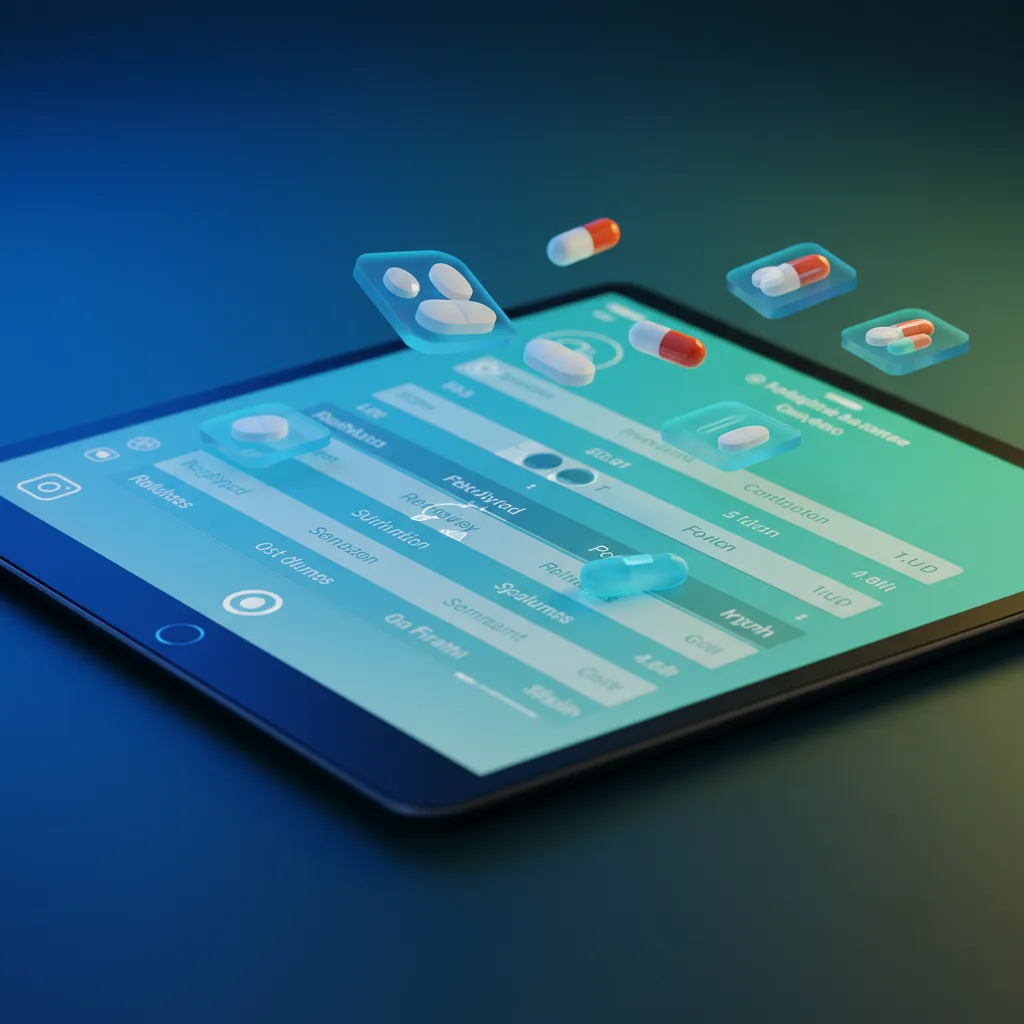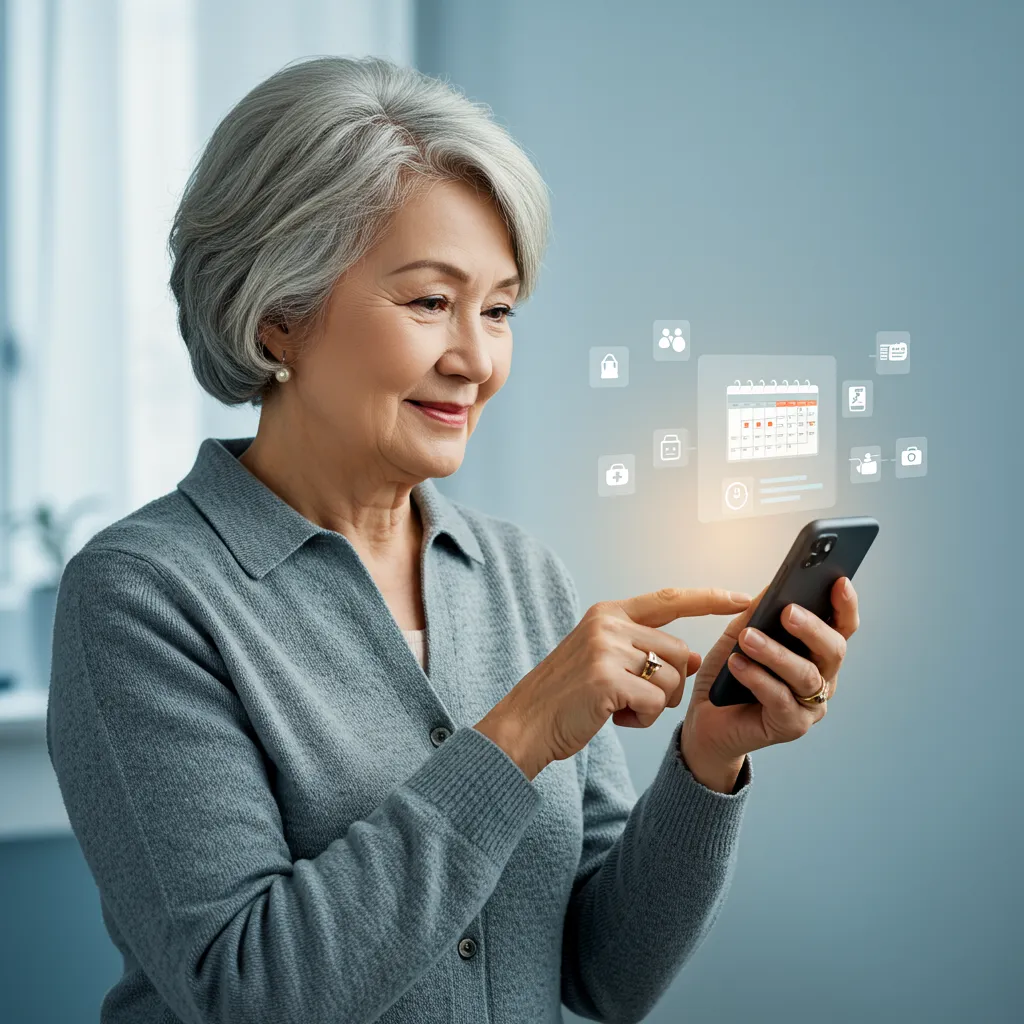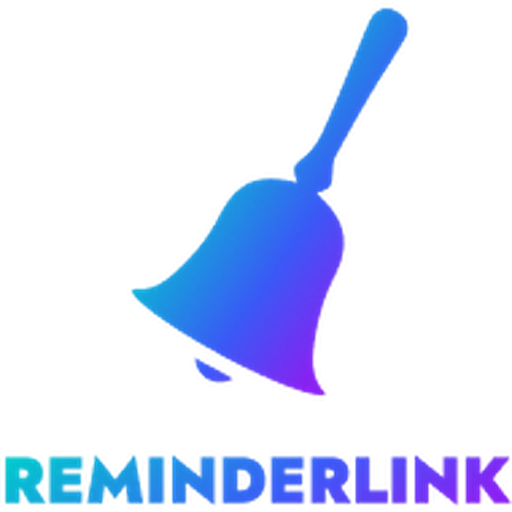The Complete Guide to Safe Medication Management for Caregivers

Caring for a loved one involves many responsibilities, but few are as critical—or as complex—as managing their medications safely. Whether you're helping an aging parent, supporting a spouse through recovery, or coordinating care for multiple family members, medication management can feel overwhelming.
The stakes are high: medication errors cause over 125,000 deaths annually in the United States, many of which could be prevented with proper systems and awareness. As a caregiver, you're not just organizing pills—you're safeguarding health, preventing dangerous interactions, and ensuring your loved one maintains their independence while staying safe.
This comprehensive guide will walk you through proven strategies, common pitfalls to avoid, and modern solutions that can transform medication management from a source of stress into a well-oiled system.
Understanding the Scope of Medication Safety
The statistics around medication errors are sobering. According to the FDA, medication mistakes harm at least 1.5 million people every year in the United States. For seniors, who often take multiple medications daily, the risks multiply exponentially. The average person over 65 takes four or more prescription medications, and nearly 40% take five or more—a situation known as polypharmacy that significantly increases the risk of adverse drug interactions.

Common medication errors include:
- Taking the wrong dose (too much or too little)
- Missing doses entirely
- Taking medications at incorrect times
- Dangerous drug interactions
- Using expired medications
- Confusion between similar-looking pills
- Double-dosing when forgetting if medication was already taken
These errors don't just happen due to memory issues. They occur because managing multiple medications is genuinely complex, especially when each has different timing requirements, food restrictions, and potential side effects.
The Foundation: Organization and Documentation
Successful medication management starts with meticulous organization. Begin by creating a comprehensive medication inventory that includes:
For Each Medication:
- Medication name (both generic and brand)
- Dosage strength
- Prescribing doctor
- Pharmacy information
- Purpose of the medication
- Specific timing instructions
- Food requirements (with food, without food, etc.)
- Potential side effects to monitor
- Refill dates and quantities remaining
This information should be easily accessible to all caregivers and updated whenever changes occur. Keep both physical and digital copies, ensuring that emergency contacts and healthcare providers can access this information when needed.
Creating Visual Systems
Visual organization can dramatically reduce errors. Consider implementing:
- Color-coded pill organizers for different times of day
- Clearly labeled containers with large, easy-to-read fonts
- Picture charts showing each medication alongside its purpose
- Calendar systems marking refill dates and doctor appointments
Many caregivers find success with weekly pill organizers that have separate compartments for morning, afternoon, evening, and bedtime medications. However, ensure these organizers are appropriate for your loved one's medications—some pills shouldn't be removed from their original containers due to light sensitivity or moisture concerns.
Timing and Scheduling: Getting It Right
Proper timing isn't just about taking pills at the right hour—it's about understanding how medications work together and optimizing their effectiveness. Here's how to approach medication scheduling:
Understanding Medication Timing
Different medications have different requirements:
- Some must be taken on an empty stomach for proper absorption
- Others need food to prevent stomach irritation
- Certain medications work best at specific times of day
- Some drugs should be spaced apart to avoid interactions
Creating Sustainable Routines
The most effective medication schedules are those that integrate seamlessly with your loved one's existing daily routine. Rather than forcing arbitrary times, work around natural patterns:
- Morning medications with breakfast
- Afternoon doses with lunch
- Evening medications with dinner
- Bedtime medications as part of nighttime routine
Consistency is more important than perfection. It's better to take medications within a reasonable window consistently than to stress about exact timing and create resistance to the routine.
Technology Solutions for Modern Caregiving

While traditional methods form the foundation of good medication management, technology can provide the reliability and coordination that modern caregiving demands. Smart medication management systems offer several advantages:
Intelligent Reminder Systems
Unlike simple alarms, sophisticated reminder systems can:
- Send customized alerts for different medications
- Escalate notifications if doses are missed
- Coordinate reminders across multiple caregivers
- Track medication adherence over time
- Send refill alerts before medications run out
Real-Time Coordination
When multiple family members are involved in caregiving, coordination becomes critical. Modern platforms allow:
- Shared access to medication schedules
- Real-time updates when medications are taken
- Communication between caregivers about concerns or changes
- Historical tracking of medication adherence
Integration with Healthcare Providers
The most effective medication management systems integrate with broader healthcare coordination, allowing:
- Easy sharing of medication lists with doctors
- Tracking of side effects and effectiveness
- Coordination with pharmacy refill schedules
- Documentation for insurance and medical records
Preventing Dangerous Drug Interactions
Drug interactions represent one of the most serious risks in medication management, particularly for patients taking multiple medications. Understanding and preventing these interactions requires systematic approaches:
Types of Drug Interactions
- Drug-Drug Interactions: When two medications affect each other
- Drug-Food Interactions: When food affects medication absorption or effectiveness
- Drug-Condition Interactions: When medications worsen existing health conditions
Prevention Strategies
Maintain a complete list of all substances your loved one takes, including:
- Prescription medications
- Over-the-counter drugs
- Vitamins and supplements
- Herbal remedies
- Occasional medications (pain relievers, sleep aids, etc.)
Regularly review this list with healthcare providers, especially when:
- New medications are prescribed
- Existing medications are changed
- Health conditions change
- New symptoms appear
⚠️ Common Drug Interactions to Watch For
Blood Thinners + NSAIDs: Combining warfarin with ibuprofen or aspirin increases bleeding risk.
Blood Pressure Medications + Potassium Supplements: Can lead to dangerous potassium levels.
Diabetes Medications + Certain Antibiotics: May cause dangerous blood sugar fluctuations.
Heart Medications + Grapefruit: Grapefruit can dramatically increase medication levels in the blood.
Always consult healthcare providers before combining any medications, and never assume that "natural" supplements are automatically safe to combine with prescription drugs.
Building a Support Network
Effective medication management isn't a solo endeavor. Building a strong support network ensures consistency, provides backup when you're unavailable, and creates multiple safety checks.
Healthcare Team Coordination
Ensure all healthcare providers are aware of:
- Complete medication lists
- Known allergies and adverse reactions
- Current health conditions
- Other treating physicians
Consider designating one primary care physician as the "medication coordinator" who oversees the complete picture and can identify potential issues.
Family and Friend Support
Train trusted family members or friends to:
- Understand the medication schedule
- Recognize signs of missed doses or adverse reactions
- Know emergency procedures
- Access medication information in your absence
Professional Resources
Consider involving:
- Pharmacists for medication reviews and interaction checks
- Nurses for complex medication administration
- Care coordinators for overall health management
- Technology platforms for systematic organization and alerts
Emergency Preparedness in Medication Management
Emergencies can disrupt even the best medication routines. Prepare for various scenarios:
Emergency Medication Kits
Maintain emergency supplies including:
- 7-day supply of all current medications
- Complete medication list with dosages and timing
- Emergency contact information
- Insurance and pharmacy information
- Instructions for critical medications
Communication Plans
Ensure emergency responders can quickly access:
- Current medication lists
- Known allergies
- Emergency contacts
- Primary care physician information
Leveraging ReminderLink for Comprehensive Care

While this guide provides the framework for safe medication management, implementing these strategies consistently requires reliable systems and support. This is where ReminderLink transforms theoretical knowledge into practical, sustainable caregiving.
Never Miss a Dose: Customized reminder systems ensure medications are taken on time, with escalating alerts if doses are missed and coordination across multiple caregivers.
Prevent Dangerous Interactions: Built-in safety features help identify potential medication conflicts and provide alerts for concerning combinations.
Simplify Refill Management: Automatic tracking of medication supplies with timely refill reminders prevents the stress of running out of critical medications.
Coordinate Care Teams: Real-time updates keep all family members and caregivers informed, reducing miscommunication and ensuring consistent care.
Maintain Complete Records: Comprehensive documentation supports better healthcare decisions and provides peace of mind that nothing is overlooked.
Moving Forward with Confidence
Medication management doesn't have to be overwhelming. With proper organization, reliable systems, and the right support tools, you can ensure your loved one receives their medications safely while maintaining their independence and dignity.
The key is starting with solid fundamentals—organization, documentation, and routine—then enhancing these with technology that provides reliability and coordination. Remember that perfect systems develop over time through experience and adjustment.
Most importantly, don't try to manage everything alone. Effective caregiving leverages every available resource, from family support to healthcare professionals to innovative technology platforms like ReminderLink.
By implementing these strategies and utilizing comprehensive support systems, you're not just managing medications—you're providing the foundation for better health outcomes, reduced stress, and improved quality of life for both you and your loved one. The investment in proper medication management pays dividends in safety, health, and peace of mind for years to come.
Ready to transform your caregiving experience? Discover how ReminderLink can simplify medication management and provide the support your family deserves.


